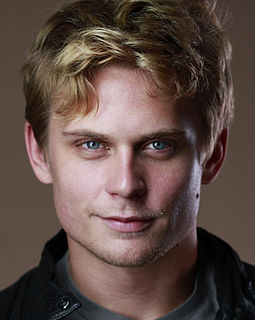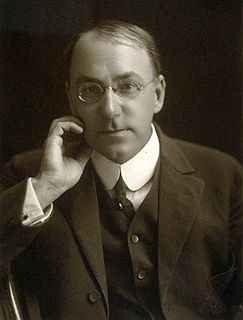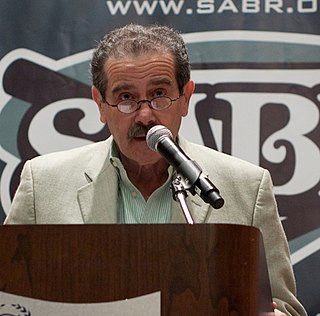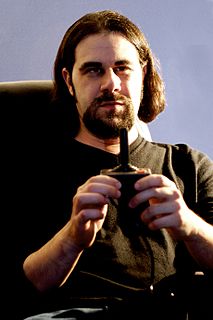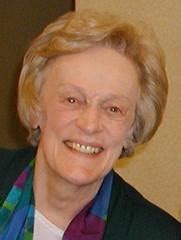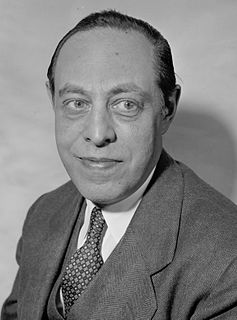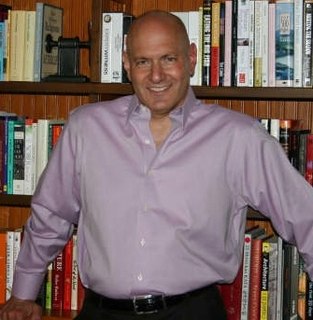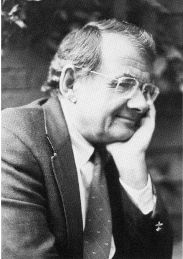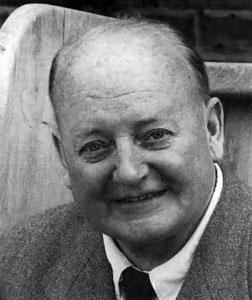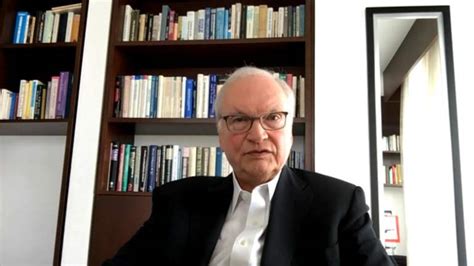A Quote by Gerald May
The difference between work and play is only a matter of attitude. Work, fully done, is play.
Quote Topics
Related Quotes
Work and play can be the same. When you are following your energy and doing what you want to do all the time, the distinction between work and play dissolves. Work is no longer what you have to do, and play what you want to do. When you are doing what you love, you may work harder and produce more than ever before, because you are having fun.
Work, as we usually think of it, is energy expended for a further end in view; play is energy expended for its own sake, as with children's play, or as manifestation of the end or goal of work, as in "playing" chess or the piano. Play in this sense, then, is the fulfillment of work, the exhibition of what the work has been done for.
I don't have to work another day of my life, thank God, but I'm in a place where I probably work as hard or harder today than I ever have, but I do it because I want to, not because I have to. What is the difference between work and play? I think the difference is purpose. When your vocation becomes your vacation, the old quote, you know that's when you made it.
Between labor and play stands work. A man is a worker if he is personally interested in the job which society pays him to do; whatfrom the point of view of society is necessary labor is from his point of view voluntary play. Whether a job is to be classified as labor or work depends, not on the job itself, but on the tastes of the individual who undertakes it. The difference does not, for example, coincide with the difference between a manual and a mental job; a gardener or a cobbler may be a worker, a bank clerk a laborer.
I know playwrights who like to kid themselves into saying that their characters are so well formed that they just take over. They determine the structure of the play. By which is meant, I suspect, only that the unconscious mind has done its work so thoroughly that the play just has to be filtered through the conscious mind. But there's work to be done - and discovery to be made.







